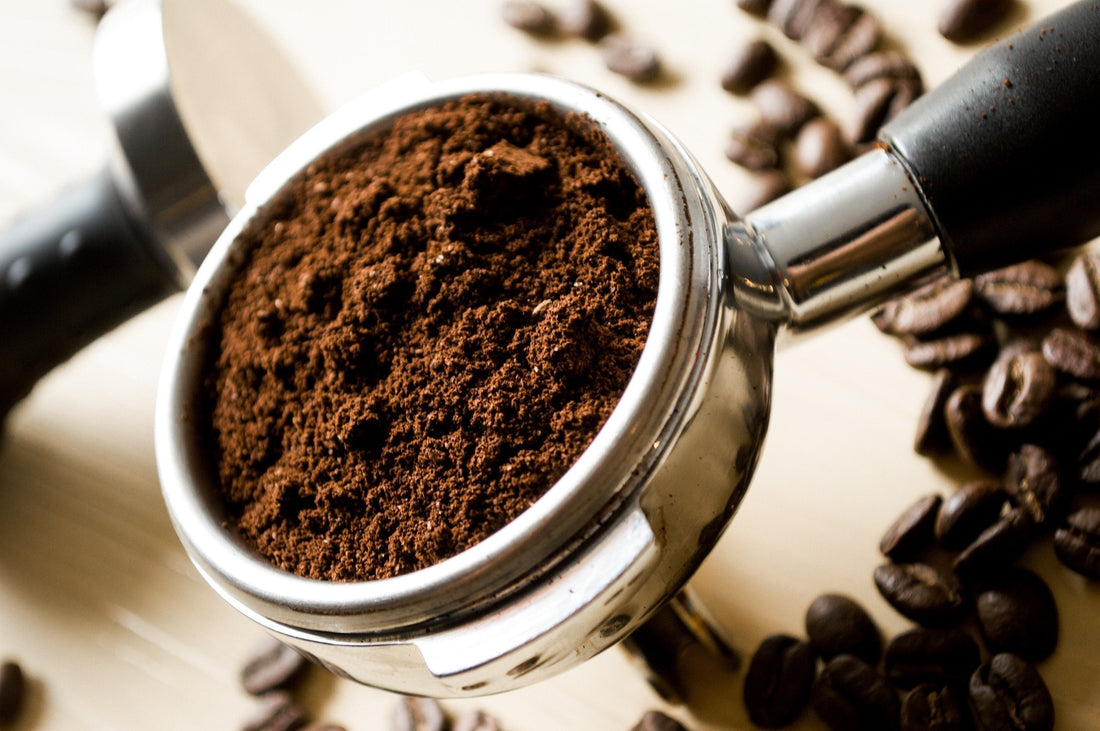What grind should I use for my coffee maker?
The key to transforming the flavor of your coffee
One of the most frequent questions we receive is: what grind should I use for my coffee maker? And the answer is more important than you think, because choosing the right grind can make the difference between a flat coffee and a truly extraordinary one.
Even the best coffee in the world can taste bitter, acidic, or watery if the grind size isn't right for your brewing method.
Coffee grinding is not a minor detail; it's the exact point where the bean meets the water, and it defines the extraction of flavors. Here the rule is simple:
- Finer grinding: more contact surface = faster extraction.
- Coarser grind: less surface area = slower extraction.

Why is it so important? Because each brewing method requires a different contact time with the coffee. If the contact time is not adjusted to the grind size, two common problems occur:
- Over-extraction: The water passes through too slowly, bringing out bitter and heavy flavors.
- Underextraction: The water passes through too quickly, resulting in an acidic and watery coffee.
What is the ideal grind for your coffee maker?
| Type of grinding | Texture | Ideal methods |
|---|---|---|
| Very fine. | Like talc | Turkish coffee (ibrik) |
| Fina | Table salt | Espresso machine |
| Media-fina | Brown sugar | Aeropress (short), Italian Moka pot |
| Media | Beach sand | V60, Chemex, paper filters |
| Medium-thick | Coarse salt | Clever, Kalita |
| Thick | Sugar grains | French press, cold brew |
Harvest Council
If you don't know which grind to use, start with a medium grind and adjust according to your taste and method.
The Science Behind Coffee Grinding
"It's like pouring water through rocks or through sand. It comes out different, right?"
And that's exactly how it is. The grind defines how long it takes for the water to extract the flavors from the grain. The finer the grind, the faster the extraction; the coarser, the slower.
Does ground coffee contain chemicals?
No, ground coffee does not contain chemicals or additives. The confusion comes from the fact that some people associate it with instant coffee. The difference is that, when ground, the bean oxidizes faster and loses aroma and freshness.


